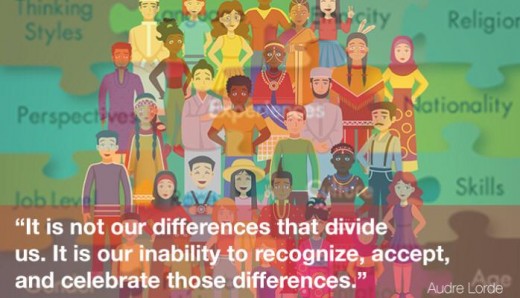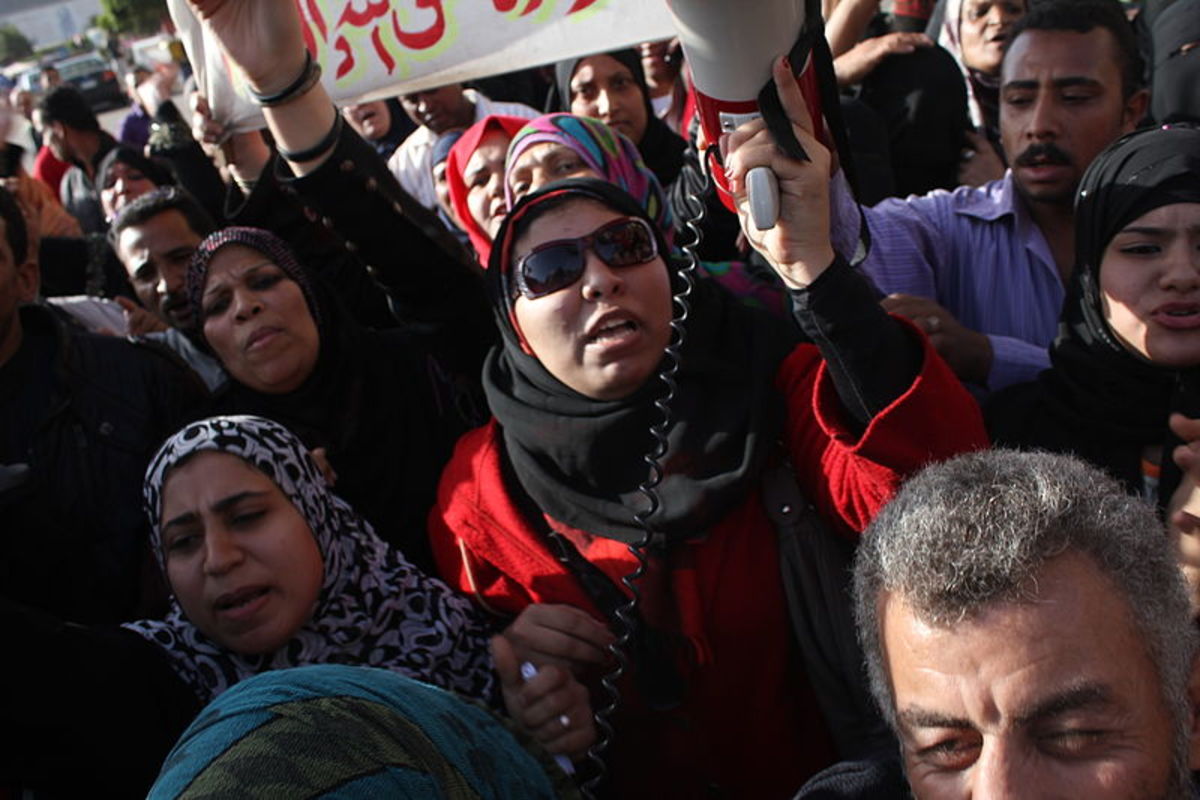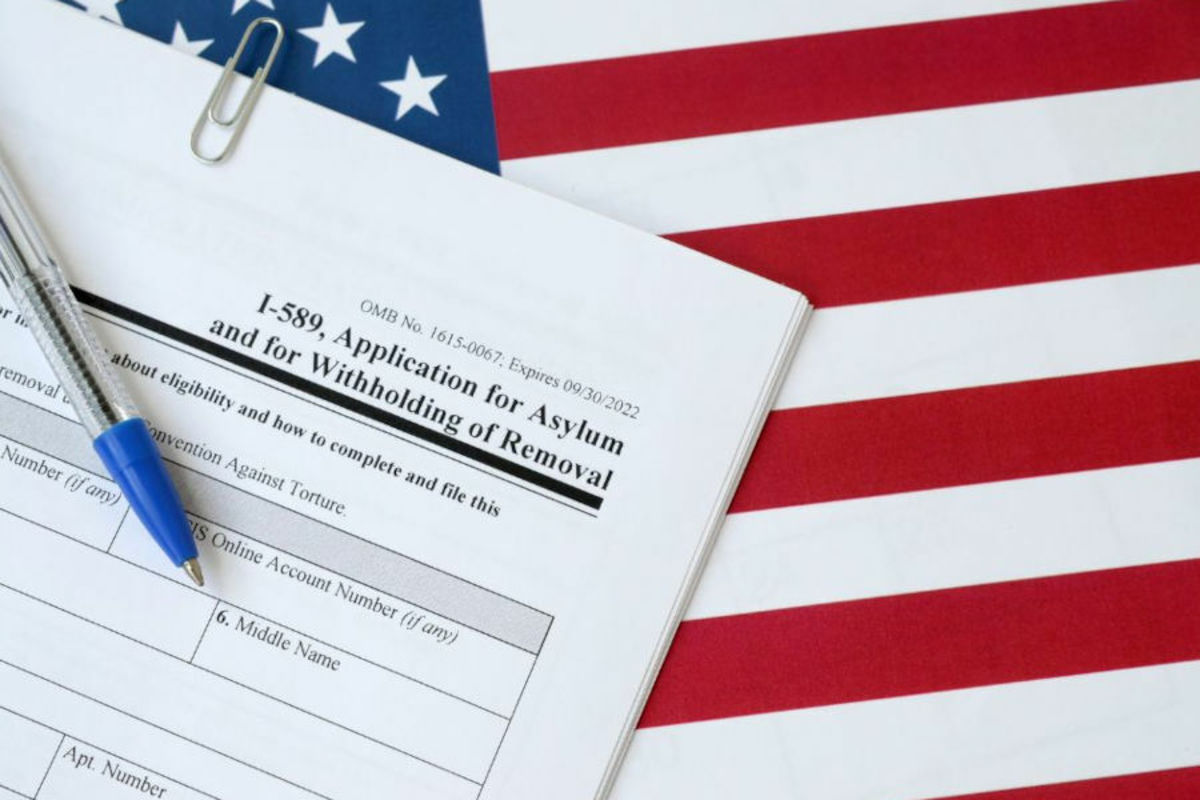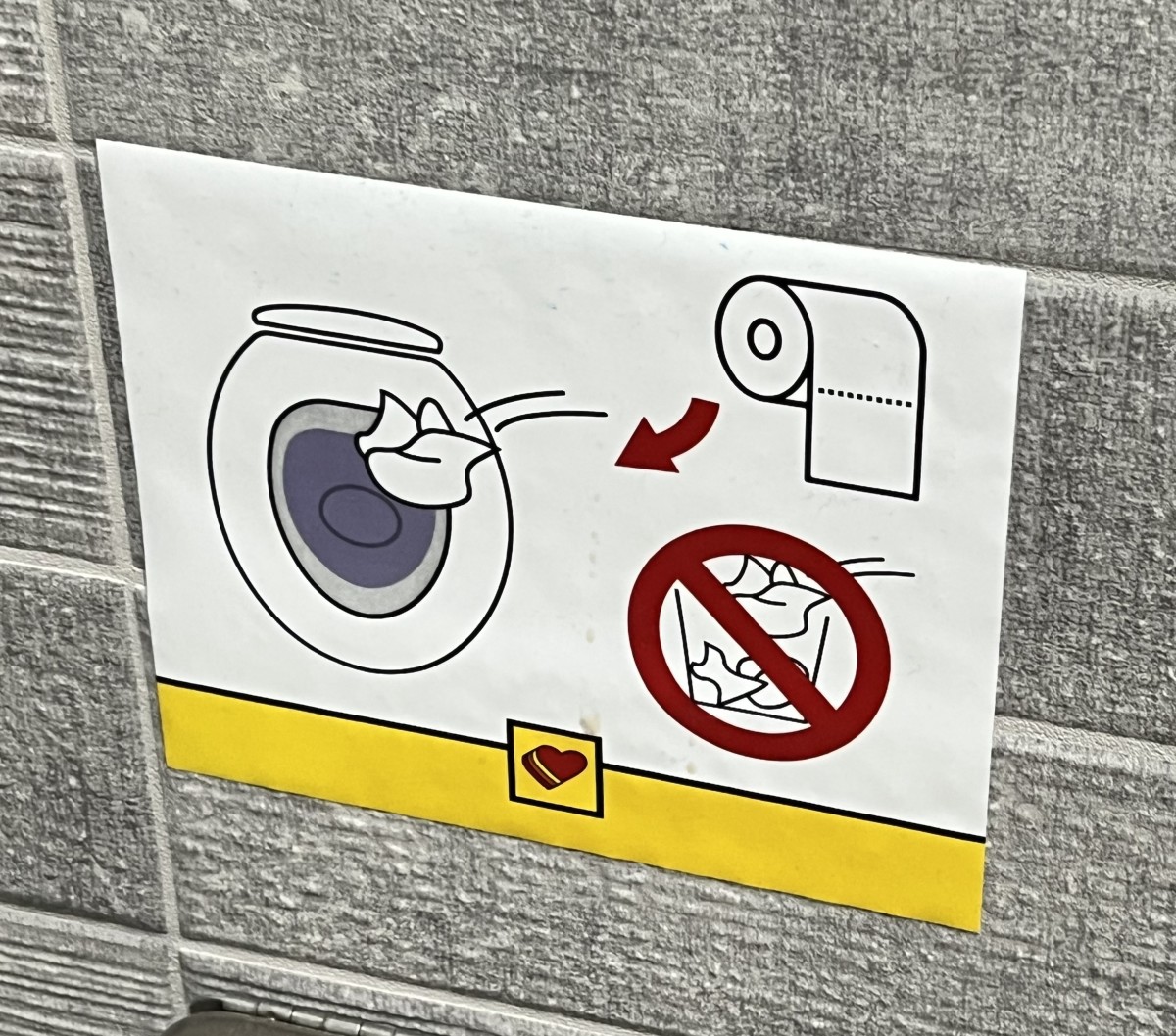Keeping an Open Door for Veiled and Unveiled
Keeping an open door

Keeping an open heart
It was my last week in Canada. I'd been spending time with my old friend who was a teacher in Montreal. One late afternoon, I was returning to my backpacker’s hostel after I'd been helping out at the special school where my friend works. I stumbled on a line of people sitting on folding chairs in front of an imposing, old building. A middle aged woman waved to me, I think in boredom. I approached her chair in the middle of the queue. She introduced herself as Tamira, a proud Canadian teacher originally from Afghanistan. I introduced myself, a wandering teacher of children with learning difficulties from Australia but originally from Eastern Europe. We smiled at each other. A smile of two kindred spirits. Two women of a similar age, doing a similar job, both migrants.
Tamira explained to me that the imposing building behind the line of people is Quebec’s Immigration Department. Tomorrow the province’s government began accepting the first of only 750 applications for private citizens to sponsor refugees. “Do you have any family left back in Afghanistan?’ I asked and Tamira looked at me sadly, saying that most of her family is dead but that her youngest sister’s daughter is alive. She wants to give her a better life and an education that the orphanage in Kabul can not provide for her. “She is just ten years old. The only family that I have left.” Tamira wiped her tears with her veil.
“Good luck!” I gave Tamira a big hug and moved on. Before I left, on an impulse I gave Tamira my phone number: “Please let me know tomorrow how you go.” She promised that she would.
Walking to the hostel through Montreal’s cobbled and narrow streets, I reflected on Quebec’s politics.

The fact that Montrealers were prepared to sit outside all night to ask for more refugees, shows that populist leaders are not popular.
Legault who wants to cut immigration by 20 % may be popular in rural areas where there are few immigrants, but in the Montreal region (where immigrants account for 23 % of the population and local businesses need workers to fill around 90,000 vacancies), his anti immigration rhetoric rings hollow. Legault thought he was on safe ground in Quebec, where protecting the French language and culture has been of the utmost importance since the British conquest in 1759.
In spite of a constant flow of asylum seekers from the US, after being chased away by populist Trump, reaching the safety of Quebec, 35,000 of them have come since January. Populist Legualt is losing ground. For the most part, thepeople from Quebec do not share his populist views on immigrations. It is very lucky for Tamira. It is very lucky for her orphaned niece.
The next day, Tamira called to tell me the exciting news.

We met to celebrate her niece's arrival in Quebec that evening.
The café was busy so we shared the table with an elderly couple from Toronto, who had came to Montreal to celebrate their wedding anniversary. Apparently they spent their honeymoon in this French city of love forty years ago.
We congratulated them on their anniversary and Tamira shared her exciting news about her niece coming to settle in Canada with her. After a few drinks, the elderly husband kept going on about Harper, the previous Canadian leader and how his anti immigration policies ensured that Canada was on top back when he was a young buck. But now everything is different - too many different people and too many veiled women like Tamira. Tamira looked at him but said nothing. It was obvious that she was used to rhetoric like this, having lived in Canada her whole life. The older man was encouraged by her silence. His wife patted his hand in approval when he pointed at Tamira’s veil. “You know that Harper once said your veils do not belong in Canada. It is not the Canadian way!”
“Will your niece be wearing a veil too my dear?” His wife asked my friend. Tamira smiled, unsure: “I never thought about that. It will be up to her I guess.”
“We are both teachers you know, myself and Tamira. We are both migrants too,” I picked up my glass of wine and Tamira gratefully picked up her tea cup. The elderly couple looked up at me curiously and I added: “We may all be different, but we all like to hear a good story. Teachers are born storytellers. Let me share one story with you.”
They both nodded and I told them my story from my teaching life…

Let me tell you the story of two girls living in the west of Australia.
Both are in their late 20s and they've both been lucky enough to be born in Australia. They come from stable, middle class families where Mum and Dad have good jobs and values. They love their family, and their kids above everything else. So we can assume that they already have a good start to life, whether they realize it or not.
They have lived next door to each other all their lives, attending the same pre primary and primary schools. But because of their backgrounds, they both attended different high schools. Their lives from then on took different paths.
I know them both rather well you see, as I had them both in my class. I am still in contact with them both to this day, as I am with a few of my previous students.
Both girls have spent time in our learning difficulties class because of their different problems. The Australian girl with the English background has more of a behavioural learning disorder - an inability to relate and cooperate with others, which hinders learning.
The Iraqi girl has had a serious illness that has confined her to a wheelchair. Later, I learnt that her mother was pregnant when leaving Iraq in wartime. She was kicked by soldiers during a home invasion that made them leave Iraq. They paid smugglers to reach Australia on a boat but ended up in Indonesia, in the infamous immigration centre.
They were the fortunate ones. Australia let them enter and stay. Their daughter was born in Australia. She was born an invalid. Both her parents are university educated. Her father is an engineer who worked in Saddam Husain’s time in oil fields up north of Iraq. Her mother is a professor of mathematics and science and was teaching in Saddam Husain’s time in the prestigious university in Baghdad. She teaches now in Australia in a well known university. She is one of the best mathematicians that we have in Australia. Her husband works in the mines up north. Their disabled daughter has become a mathematician in her own right.
We have a portrait of her now, taken in our school in her wheelchair. Our success story, as we do not have all that many. A difficult student who made it all the way to university!
She was in our class because she had problems with communication and some traits of autism. She has always been good with numbers. She always wore a veil, as her mother had done. It is their custom you see. They are very quiet and unobtrusive Muslims. They don't drink or eat pork. It's their choice and way of life.
I visited them a few times as I had become very fond of my student, their daughter. She grew up to be a true AUSTRALIAN, you see, in her wheelchair and her veil. She's the most confident and successful young woman I have ever seen to come out of our school.
The other English girl went to a public high school. She started to take drugs and tried other things, unable to find her way. She is clean from drugs now but she has bouts of depression and takes many pills for it. She has put a lot of weight and has no permanent job. She still lives with her parents - living off their wages and complaining about the world and how unfair it is to her.
When I talk to her on Fb where she leaves me messages, she complains about her low self-esteem and the weight that she can not lose. Everyone asks her if she is pregnant, which annoys her because she can't even get a decent bloke apparently. Once we talked about her friend Leila from next door. They still meet up and Leila brings her their halal food, trying to teach her friend to eat good food and not pies and chips that made her fat!
Suzy, the English girl, mentioned to me once in our FB conversation, that she wished that she could be like Leila.
‘LEILA?’ I exclaimed, surprised. “Leila is in a wheelchair! She wears a veil and people give her so much grief for it.”
“Yes, I know about the veil,” Suzy replied back, “Leila told me how people on the train to university impatiently remark on her veil and tell her to go back where she comes from. And you know what she replies? I was born here. What about you?”
Suzy replied to me : “LEILA HAS A GOOD BRAIN. SHE'S SOMEONE SPECIAL. SHE KNOWS WHO SHE IS. SHE KNOWS WHAT TO DO WITH HER LIFE TO SUCCEED, NO MATTER WHAT! HER VEIL IS VISIBLE AND MY VEIL IS INVISIBLE. AT THE END OF THE DAY I WOULD SWAP HER VEIL FOR MINE IN A SECOND!’
The elderly couple listened to my story intently.
At the end, wished us both a good night and left. When the elderly lady was pushing her chair back she looked at me with her worried eyes: “We have a daughter like that. You know, like Suzy?”
After they left, we paid our bill and followed in their footsteps up the dark cobbled street back to the metro station to take our train in the opposite direction. Hand in hand, one head unveiled and one veiled, both heads held up proudly.
Let us celebrate all women from all around the world, those veiled and unveiled.









